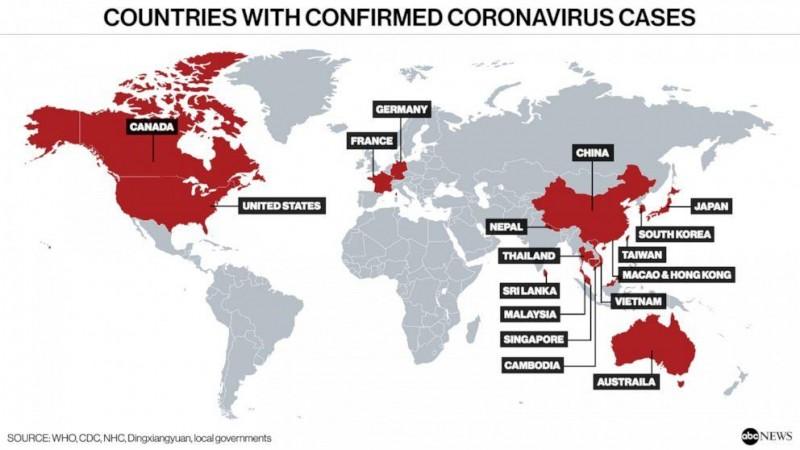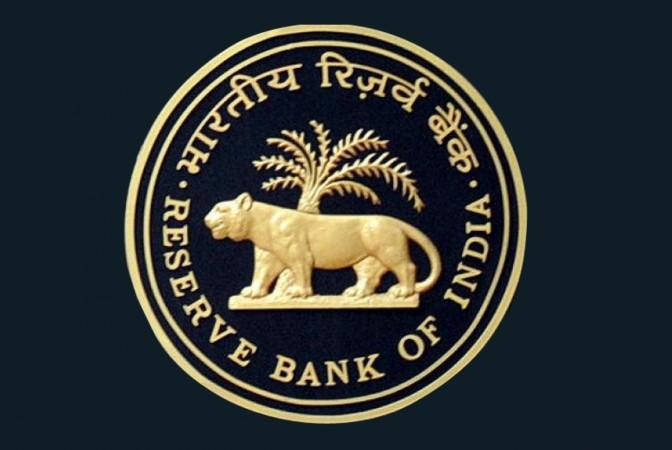Earlier last week, a Morgan Stanley employee at its Purchase, New York campus located in the north of Manhattan was tested positive for the virus, and a Blackrock employee was diagnosed at its New York office, according to a spokesperson. The company did a deep clean and asked the fellow colleagues of the employee to self-quarantine, and work-from-home for the next 14 days.
Global finance majors beef up efforts to deal with Coronavirus
As a part of business continuity planning, provisions are made for teams to alternate-working from the office, and from home to limit exposure to the pandemic spreading at an accelerating pace.
Citigroup Inc plans to divide its entire North American workforce into two groups which will alternate working from the office, and from home in one-week shifts, according to a source familiar with the group's plans. Communications teams and others have been asked to work-from-home during off weeks, but the trading staff is required to report at back-up sites.
Such means opted by corporate majors of splitting staff and accommodating work-from-home arrangements could pose greater risks for smooth functioning of businesses, a large-scale operation risk event post-2001 crisis. In Europe, Deutsche Bank has split some of its trading operations across sites in Frankfurt, while Spain's BBVA has shut down its headquarters in Madrid, a news report stated.
The vast rapid spread of coronavirus is impacting financial companies' operations and adding on to global economic woes and blues. Banks are witnessing their loan book quality weaken, with a reduction in global travel impacting tourism and hospitality sectors.
Standard Life Aberdeen plans to split its US and British teams separately into groups by allowing them to work separately, as a part of the contingency planning strategy.
In a memo to staffers, Deutsche Bank said, "We expect no impact on our ability to operate our full range of services for our clients and recognize that this setup will require extra effort and discipline from all."

After a staff member of the HSBC research department in London was tested positive for Coronavirus, the bank sent its 100 employees home. S&P Global opted for extreme - to ask 1,200 strong workforces at its Canary Wharf office to work from home, after confirming that the infected HSBC employee had visited their office earlier.
The EU markets watchdog said that financial firms should disclose any and all significant relevant information about the impact of coronavirus on their businesses. U.S.-based banks and brokers are in talks with federal regulators about implementing measures to control the rapid spread of Covid-19 by allowing staff to work from home and other business continuity arrangements. Also, rules are discussed with regulators, wherein certain job functions require staffers to work on-site and be physically present in affected regions.
Amidst rising fears, the Wall Street contingency planning efforts to contain the virus include prompting governments from Iran to Australia to stock up medical supplies, shut schools and cancel major public events of large scale. With fears of the pandemic pummeling markets, pushing oil futures, and sinking equities, the U.S. Commodity Futures Trading Commission is closely monitoring global trade.
Contingency planning efforts in India
As the world deliberates on means, mediums, and methods to tackle coronavirus at work and at home, India bans most travel visas until April 15 and closes borders with Myanmar to control the spread.
"All existing visas, except diplomatic, official, UN/International organizations, employment, project visas, stand suspended [until Apr. 15]," India's Health Ministry said in a statement. "Any foreign national who intends to travel to India for [a] compelling reason may contact the nearest Indian Mission."
The ban will be reviewed after the first month expires. Visa-free travel that had been permitted to Indian citizens living overseas has also been suspended until April 15. Incoming travelers, including Indian citizens, who arrive from or have visited virus-stricken regions such as China, Italy, Iran, South Korea, France, Spain, and Germany after Feb. 15 will be quarantined, for at least 14 days.
On Tuesday, India suspended the issuance of visas to citizens of France, Spain, and Germany until further notice. Such restrictions had already been imposed on citizens of virus-stricken China, Italy, Iran, Japan, and South Korea.

RBI governor Shaktikanta Das asked banks to draw up contingency plans and send them for approval. He further emphasized that the impact of the virus on India is via China and global trade. Amidst Covid-19 scare posing threat to global currency movements and demand, it is expected of central banks across the globe to come up with a "coordinated policy action" plan to tackle the current situation. RBI is closely monitoring the trade and functioning of financial markets to ensure market confidence is maintained and financial stability is preserved.
The contingency plans to be suggested should take into account the possibility of further stress on corporate loans, since several Indian companies dependent on Chinese imports may face supply chain stress. Since the corporate sector does not hedge adequately against currency and commodity price fluctuations, it may pose a high risk to bank health, said an Oliver Wyman report that the RBI has sent to its lenders.
As it is the banking sector in India is burdened with bad debt and heavy loans, in such a fragile condition, any disruption can amplify stress and weaken the economy further.
In communication with banks, RBI stressed on the report by global management consulting firm Oliver Wyman advising banks to revisit their risk management policies in light of the Covid-19 threat. If the disease spreads in India, retail and microfinance portfolios will be most impacted. About 15 to 16 central banks will be discussing with The Bank for International Settlements on devising a plan of action in response to the virus spread and addressing concerns of fear amongst its employees, investors, and customers.








